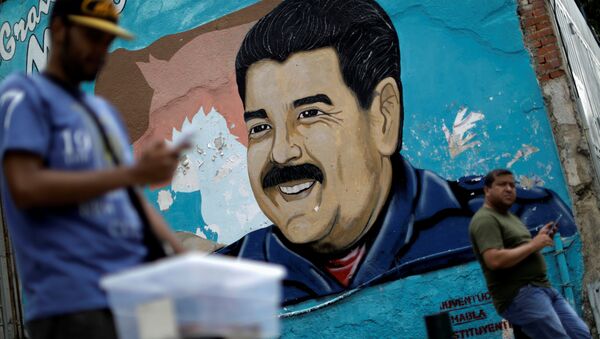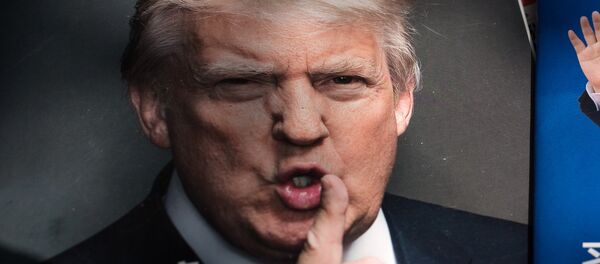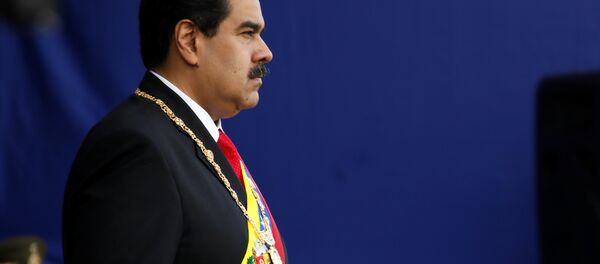The EU's ultimatum was vehemently rejected by Venezuelan President Nicolas Maduro who slammed the European calls as an infringement on Venezuela’s sovereignty.
In general, the European Union has expressed its support for dialogue between the Venezuelan parties and has suggested an International Contact Group be set up in order to settle the crisis in the Latin American country. Sputnik has discussed the issue with Hugo Perez Hernaiz, Associate Professor of Sociology at the Universidad Central de Venezuela.
Sputnik: The Leader of the European People's Party in the European Parliament and favorite candidate to become the next president of the European Commission Manfred Weber said that seeing the European Union’s response to the power-struggle that is currently tearing Venezuela apart is "a tragedy". Why is he saying that?
So I think that's a smart position to take.
I think it forces the discussion of general elections in Venezuela — which, say a month ago, was out of the table, and it forces Maduro to think his position (although I don't think he will give in).
But it does put the issue of elections on the table. The European right in general, the popular parties, the People's Party in Spain for example, against [Spanish Prime Minister] Pedro Sanchez, are all using this as a political tool, and they're pressuring for tougher measures against Maduro, and for an immediate recognition of Guaido.
I think that's a mistake. But, of course, they're pushing from the right to pressure for a tougher stand against the Maduro government.
Hugo Perez Hernaiz: Spain, Germany — these are very important countries for Venezuela's public opinion. So I gather that at least the majority of the European countries will follow suit, behind maybe Germany, I would guess.
But of course that's internal European politics, I don't know the future about that.
But I would guess that, yes, once this ultimatum (which I gather should be next week) finishes, I don't see Maduro calling for elections soon. So I guess they will abide by their ultimatum, and recognize Guaido; and, yes, most European countries will follow suit. I haven't heard anything from Greece.
And of course there's Turkey and Russia, which are fully behind Maduro, and they're outside the European Union, but they're supporting Maduro basically, clearly.
There are differences, and Spain in particular has been pushing for a common EU policy. From what I gather it hasn't been completely possible. This is the closest they have got. And it is very important, as it does put a lot of pressure on Maduro, but it's not a common thing yet.
Views and opinions expressed in this article are those of Hugo Perez Hernaiz and do not necessarily reflect those of Sputnik.




